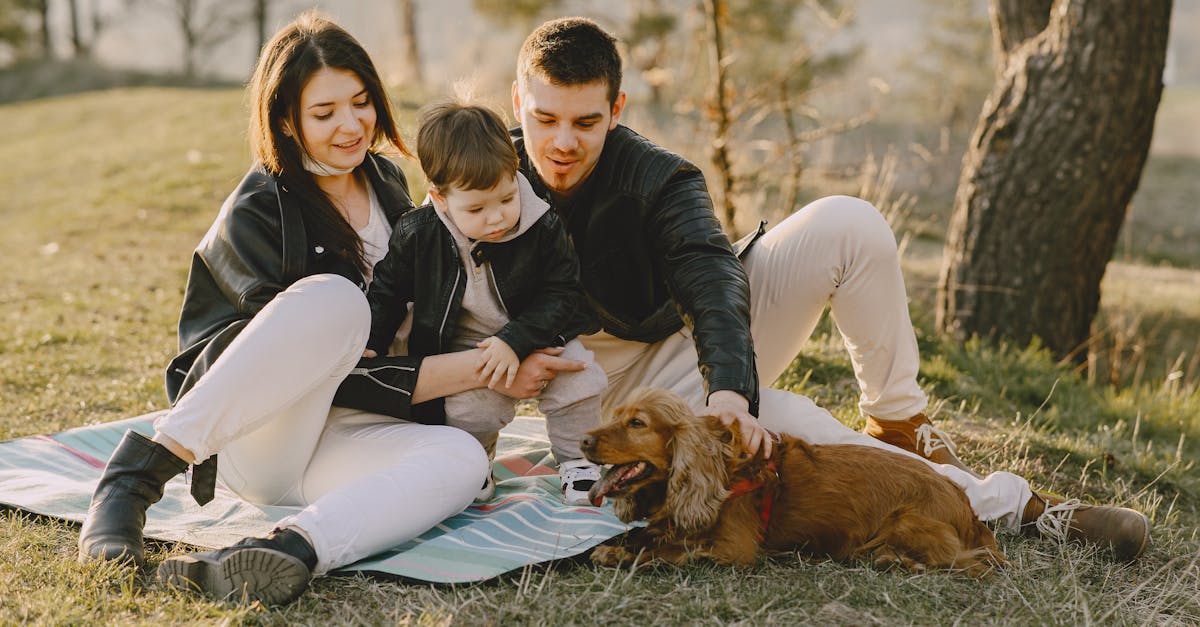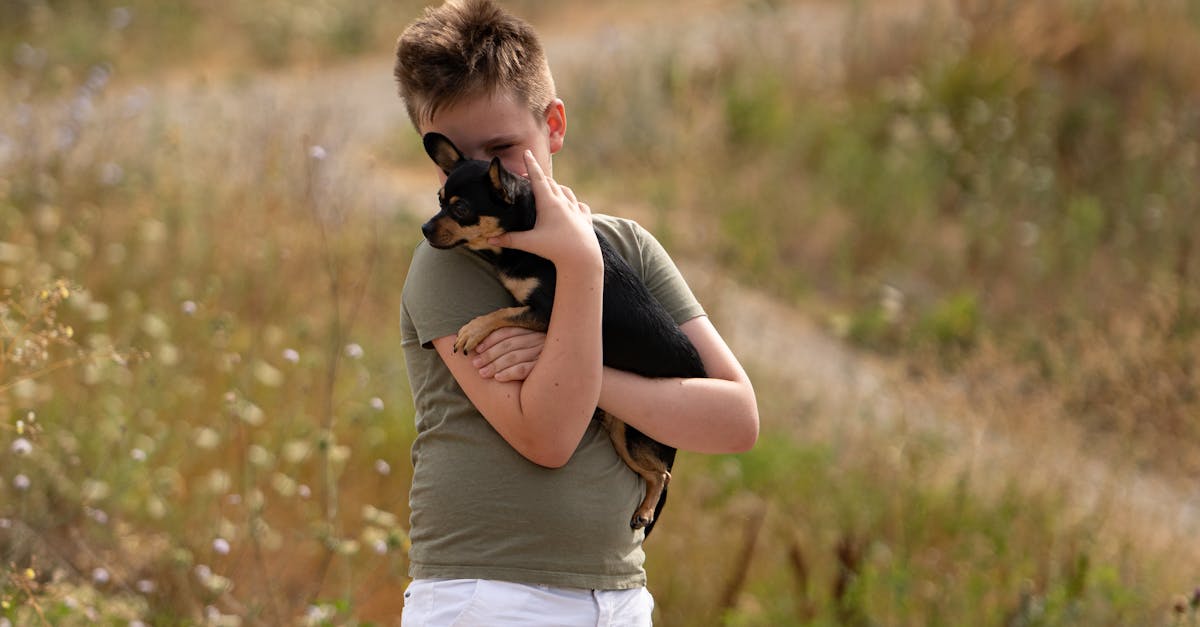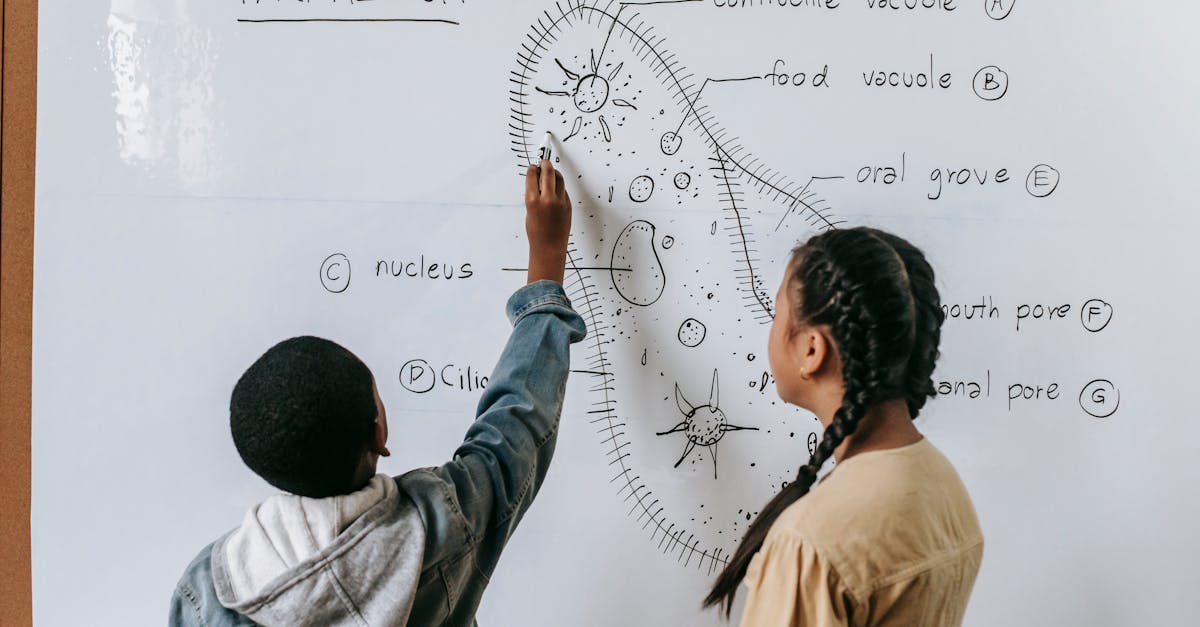Have you ever wondered why some children seem to have a natural knack for socialising while others struggle to make friends? As a parent, I’ve often thought about the various factors that contribute to a child’s social development. It hit me that one often overlooked yet incredibly effective way to enhance social skills is through pet ownership.
The Unexpected Impact of Furry Friends
I remember the first time we brought our dog, Max, home. My son, Tim, was ecstatic. But what surprised me the most wasn’t just the joy on his face; it was the way Max transformed Tim’s social interactions. If you’re like me, you might initially think a pet is just a cute companion. But, in my experience, pets can be so much more—they can be catalysts for developing essential social skills in children.
Building Empathy and Compassion
One time, I noticed Tim gently stroking Max’s fur after our dog had a minor injury. It dawned on me how caring and empathetic he had become. Pets teach kids to be sensitive to the needs and feelings of others. They learn to read non-verbal cues, which is an invaluable skill in human interactions too.
Key Benefits:
- Understanding non-verbal communication: Pets communicate through body language, teaching kids to pick up on subtle cues.
- Developing empathy: Caring for a pet helps children understand and respond to the needs of another being.
Boosting Confidence Through Responsibility
From what I’ve seen, giving a child the responsibility of caring for a pet can significantly boost their self-esteem. Tim had to feed Max, take him for walks, and even clean up after him. These tasks might seem mundane, but they instilled a sense of responsibility and accomplishment in Tim.
Key Benefits:
- Increased self-confidence: Successfully caring for a pet makes children feel capable and proud.
- Learning responsibility: Daily tasks related to pet care teach kids the importance of routine and duty.
Encouraging Social Interaction
Ever wonder why kids with pets often seem more outgoing? One fascinating aspect of pet ownership is how it naturally encourages social interaction. When we took Max to the park, Tim would inevitably end up chatting with other kids and even adults about Max. These interactions weren’t just small talk; they were meaningful conversations that helped Tim develop his social skills.
Key Benefits:
- Initiating conversations: Pets serve as icebreakers, making it easier for kids to start conversations.
- Building friendships: Shared interests in pets can be the foundation for lasting friendships.
Teaching Patience and Conflict Resolution
Here’s a funny thing: pets aren’t always easy to manage. Max had his fair share of naughty moments, from chewing on shoes to barking at odd hours. These incidents taught Tim patience and how to resolve conflicts calmly. If I had to guess, I’d say these lessons are invaluable for any social setting, whether at school or in the playground.
Key Benefits:
- Developing patience: Dealing with a pet’s unpredictable behaviour teaches kids to be patient.
- Learning conflict resolution: Kids learn to handle minor conflicts and find solutions, skills that are transferable to human interactions.
Enhancing Emotional Intelligence
I’ve often wondered how Tim became so emotionally intelligent at a young age. It dawned on me that Max played a significant role in this development. Pets can sense our emotions and often respond in comforting ways. Tim learned to reciprocate this emotional sensitivity, making him more attuned to the feelings of others.
Key Benefits:
- Improving emotional intelligence: Interactions with pets help kids understand and manage their emotions better.
- Enhancing empathy: Kids become more sensitive to the emotions of others, a crucial social skill.
The Science Behind It
Studies show that children who grow up with pets tend to have better social skills. According to research, pet ownership can improve a child’s ability to understand and interpret social cues, leading to better peer relationships. This scientific backing reinforces what I’ve personally observed in Tim’s growth.
Key Findings:
- Improved social skills: Research indicates that pet ownership can enhance a child’s ability to interact socially.
- Better peer relationships: Children with pets often have stronger, more positive relationships with their peers.
Real-Life Stories and Anecdotes
The other day, I spoke with a friend whose daughter, Lily, was very shy. They decided to adopt a cat, Whiskers. Something surprising happened: Lily started opening up more, not just to Whiskers but also to her classmates. It goes to show that pets can be the key to unlocking a child’s social potential.
Real-Life Examples:
- Lily and Whiskers: A shy girl becomes more outgoing after adopting a cat.
- Tim and Max: My son developed empathy, responsibility, and emotional intelligence through his bond with our dog.
What You Can Do Next
If you’re like me and want to give your child the best tools for social success, consider getting a pet. But remember, it’s not just about bringing an animal home; it’s about engaging your child in the pet’s care and making it a shared family experience.
Tips for Parents
- Choose the Right Pet: Consider your child’s personality and the type of pet that would best suit your family.
- Involve Your Child: Make your child responsible for specific tasks related to pet care.
- Encourage Social Interactions: Take your pet to public places where your child can interact with others.
Final Thoughts
If you ask me, the benefits of having a pet extend far beyond companionship. From building empathy and responsibility to enhancing emotional intelligence and social skills, pets can be a wonderful addition to any family. Speaking from experience, I can’t forget the positive impact Max has had on Tim. Now that I think about it, I wouldn’t trade those moments for anything.
So, ever wonder why some kids seem to have a natural knack for socialising? Sometimes, the answer might just have four legs and a wagging tail. 🐾
Feel free to share your experiences or thoughts in the comments below. Have a pet story that changed your child’s life? I’d love to hear it!













